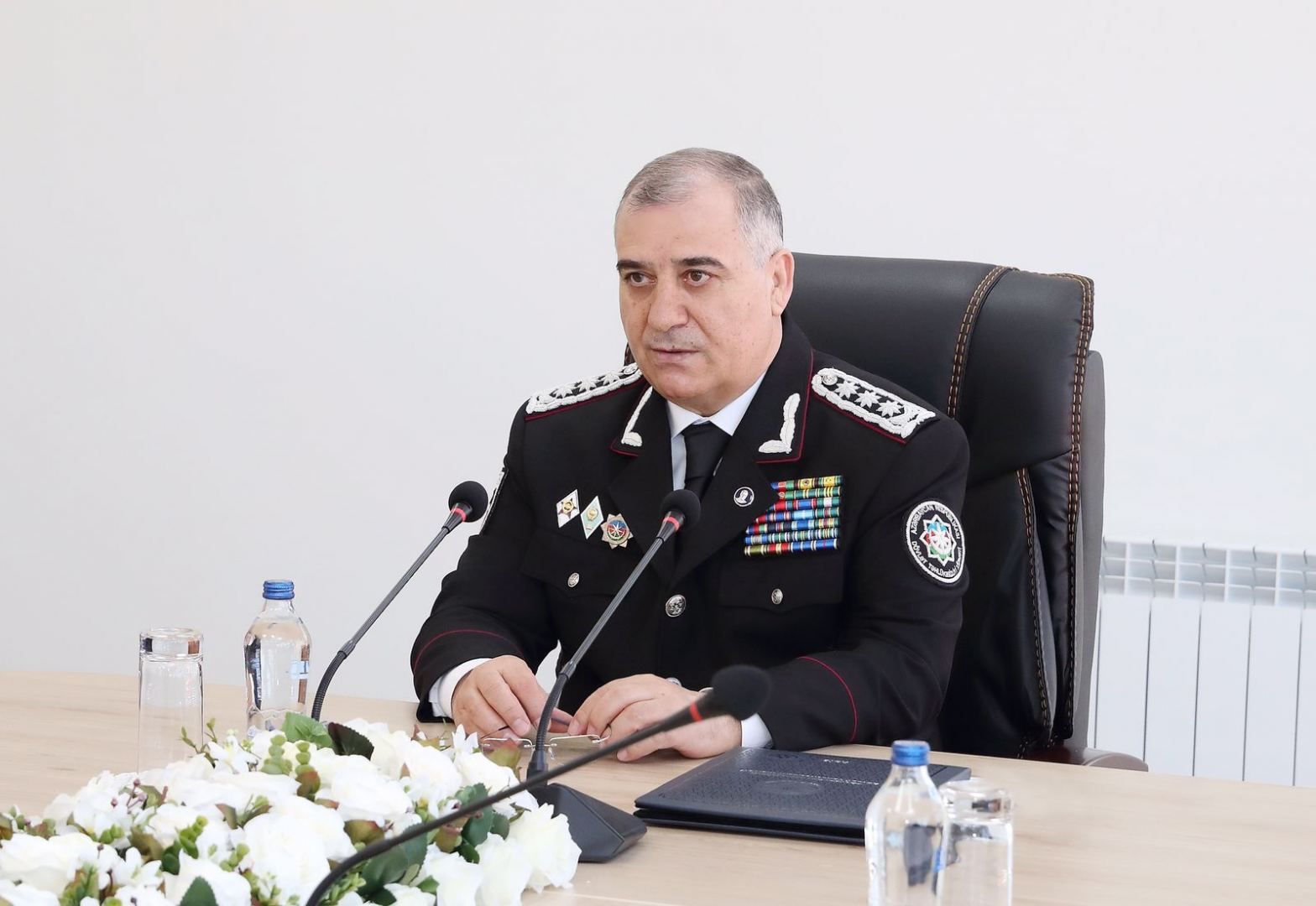
By Sabina Mammadli
The revanchist forces in Armenia and the foreign circles
patronizing them must accept the new realities that have formed in
the region, Chief of the State Security Service (SSS) of
Azerbaijan, Col-Gen Ali Naghiyev said, Azernews reports.
He made the remarks in an article published in the Azerbaijan
newspaper.
Ali Naghiyev underlined that if Armenia does not refrain from
all dirty actions which can pose a threat to Azerbaijan’s security,
adding that “it must take into account, as the president said, that
the Iron Fist is still there”.
He also added that the Armenian fascism had been destroyed, but
its signs remain.
“This is a very dangerous trend, first of all, for the Armenian
state. I said this, and I say it again, if we see that Armenian
fascism raises its head and a new source of danger emerges for our
people and state, we’ll crush it again immediately. Let everyone
know! The Iron Fist is there, and no one should forget that!” the
SSS chief emphasized.
Moreover, he highlighted that large-scale cyber attacks by
Armenia were successfully prevented during the second Karabakh
War.
“Azerbaijan’s State Security Service, mobilizing all forces and
means to prevent terrorist and provocative plans and intentions of
the enemy, provided comprehensive support within the limits of its
authority, contributing to the victory of the Azerbaijani army,” he
said.
Ali Naghiyev stated that the timely obtained intelligence played
a crucial role in preventing the enemy’s attacks, conducting
successful combat operations by the Azerbaijani Armed Forces, and
liberation of certain settlements with minimal losses.
Further, he stressed that the tasks arising from the service
activities are successfully carried out by local bodies and
departments of the State Security Service established in the
liberated lands.
“For the employees of the State Security Service, who always
feel the attention and care of President Ilham Aliyev, all
conditions for the effective, flexible, and operational
organization of service in the territorial bodies in the liberated
from occupation lands, as well as in other cities and regions of
Azerbaijan, the material and technical support is provided at the
highest level,” Naghiyev said.
He noted that this is yet another vivid embodiment of the
president’s confidence in the personnel of the State Security
Service.
“We assure the president and our people that the personnel of
the State Security Service will continue to resolutely prevent any
threats aimed at the territorial integrity, sovereignty of our
state, public and political stability, and security atmosphere in
the country, and will continue to mobilize all forces and means,
performing their official duties with dignity and integrity, will
always be vigilant on guard of our statehood and independence!”
Nagiyev said.
—
Sabina Mammadli is AzerNews’ staff journalist, follow her on
Twitter: @SabinaMmdl
Follow us on Twitter @AzerNewsAz
